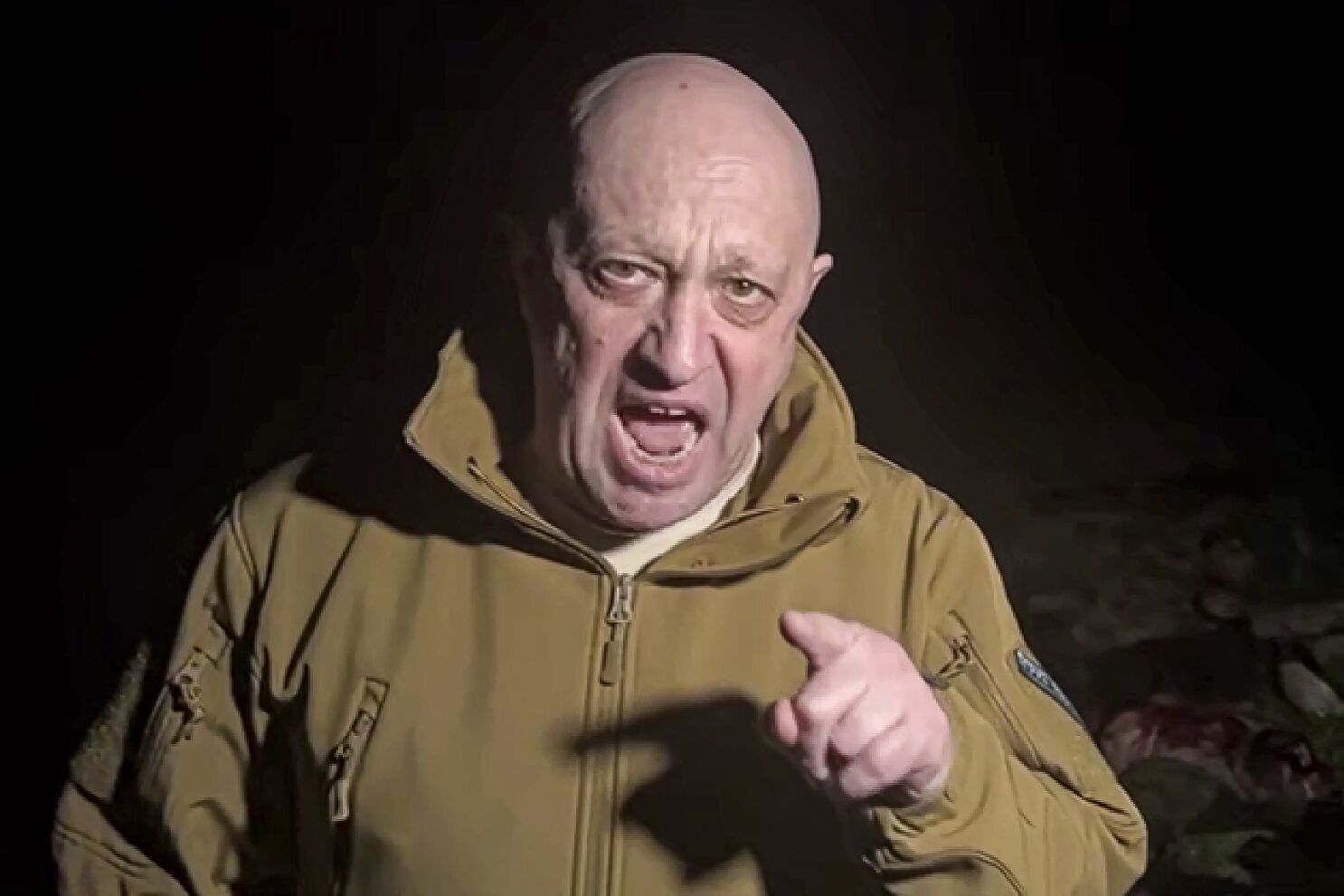
Eurasia Daily Monitor Volume: 20 Issue: 124
On July 9, Turkey freed the commanders of the well-known Ukrainian Azov regiment after months of hosting them as a part of a deal with Russia (Ukrinform, July 31). The fighters surrendered to Russian forces after weeks of brutal siege and resistance at the Azovstal Iron and Steel Works in Mariupol, even after the rest of the city had fallen following Russia’s devastating and relentless assaults (Kyivpost, May 17). Ankara’s surprise move came during Ukrainian President Volodymyr Zelenskyy’s first official visit to Turkey since the Russian invasion in February 2022 to meet his counterpart, President Recep Tayyip Erdogan, and discuss the possibilities of deepening their strategic partnership. Amid rhetoric on expanding the two countries’ cooperation in defense and security, Erdogan also declared, “Ukraine deserves to be a NATO [North Atlantic Treaty Organization] member” (Al-Monitor, July 7). Continue reading

